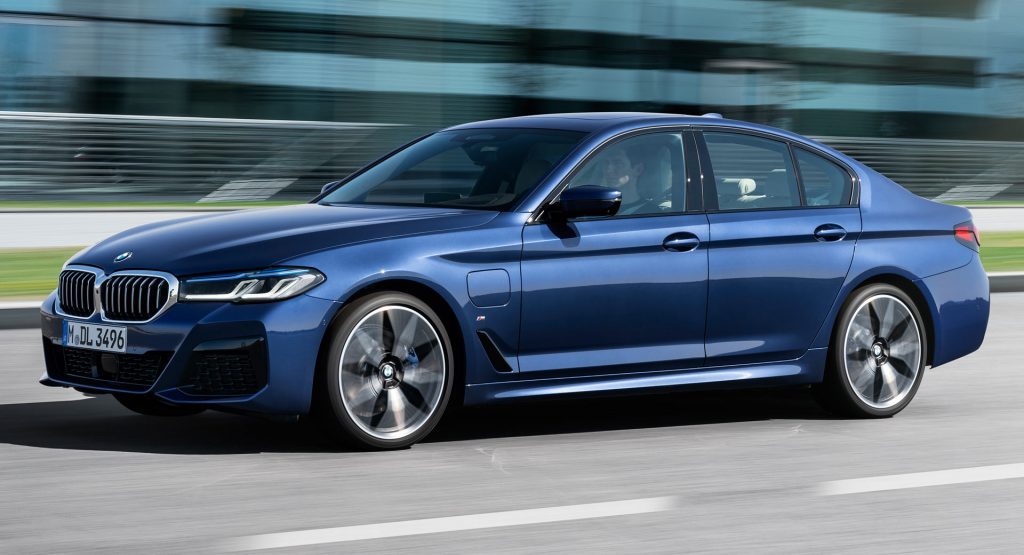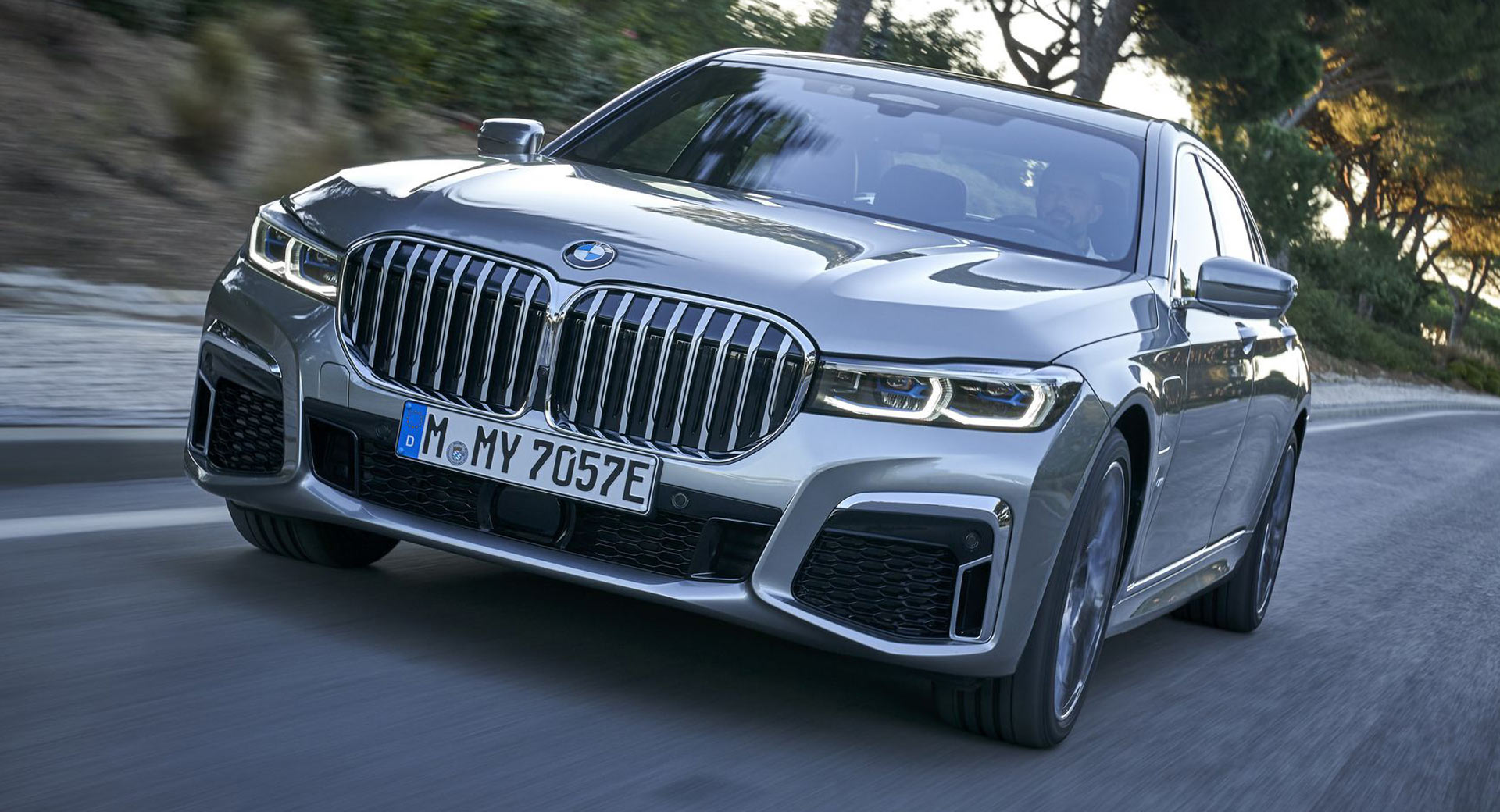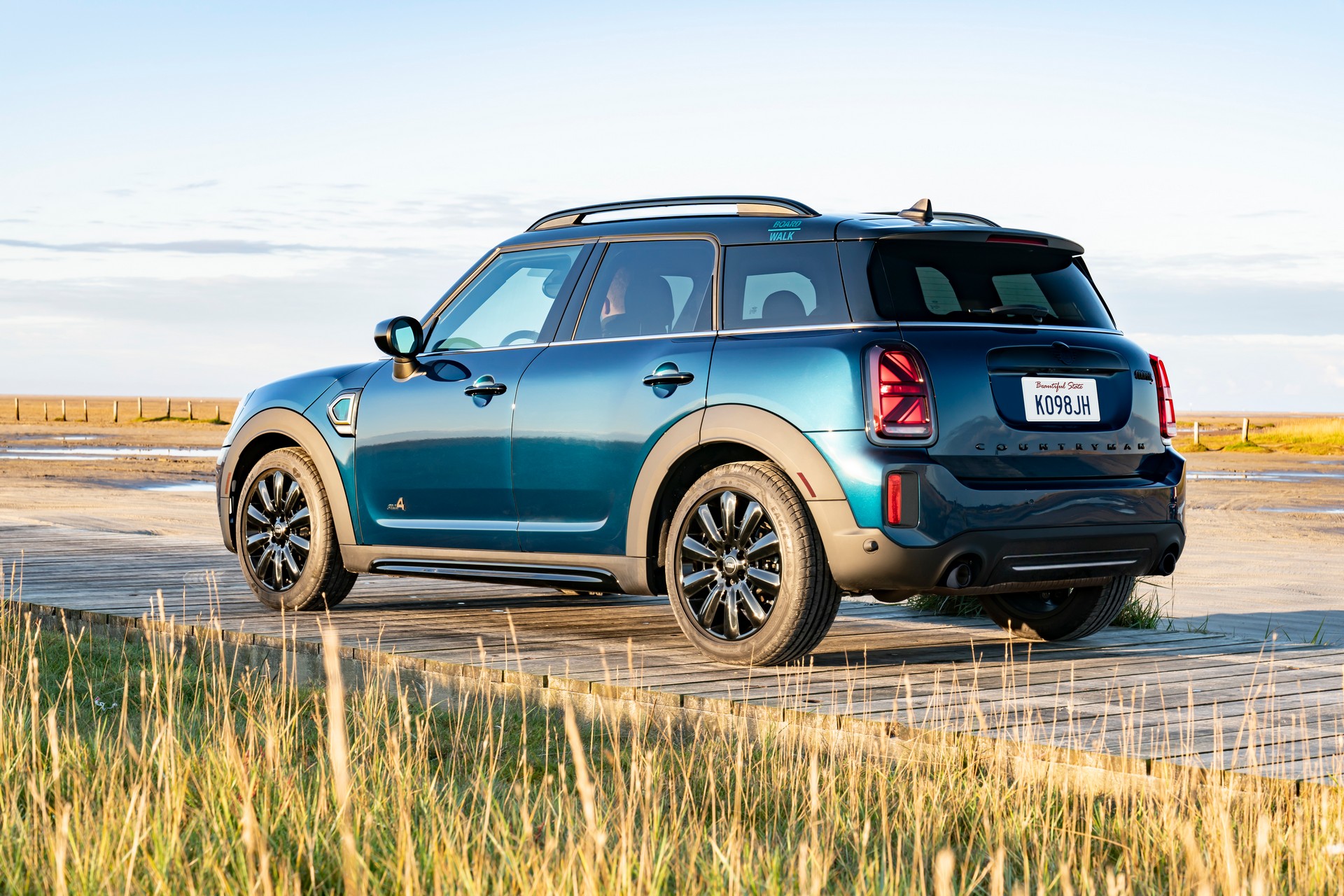While BMW was at the forefront of the shift to electrification with the i3 and i8, it has been a little behind the eight ball on all-electric vehicles in recent years. Now, it has big EV ambitions and this will include the launch of four new EVs within the next two years that will join the likes of the i4, iX3, and iX.
Next year, BMW will launch electric versions of both the 7-Series and the X1 compact SUV. Technical specifications about these models remain under wraps but the electric 7-Series will be produced at the automaker’s site in Dingolfing, Germany while its factory in Regensburg will be responsible for the X1.
In 2023, BMW will follow up these two models with an electric 5-Series and an electric Mini Countryman, Auto News reports. Like the 7-Series, the 5-Series will be built at Dingolfing while the electric Countryman will come to life in Leipzig.
Read Also: This Alleged Configurator Leak Of The 2022 BMW 7-Series Is Just A Photoshop
While speaking on the company’s recent earnings call, BMW chief executive Oliver Zipse indicated the automaker is going all-in on EVs.
“We are fully committed to electric cars wherever the use of battery-electric drive trains makes sense, and it is possible because the conditions are right. By 2023 we will offer our customers at least one BEV option in nearly all our vehicle segments and over the next 10 years we aim to release a total of about 10 million fully electric vehicles onto the market.”
Looking ahead to 2025, BMW will present its first model based on its Neue Klasse platform that is designed primarily for EVs but also supports diesel, gasoline, and plug-in hybrid powertrains. It will be used by various BMW and Rolls-Royce models.
“Our new vehicle architecture is uncompromisingly electric, whether with battery power or hydrogen,” Zipse said. “The Neue Klasse comes with a new IT and software architecture, as well as newly developed high-performance electric drive train and battery generation.”
BMW hopes to have delivered about two million all-electric vehicles to customers by the end of 2025, and wants them to account for at least a 25 per cent share of total sales.





